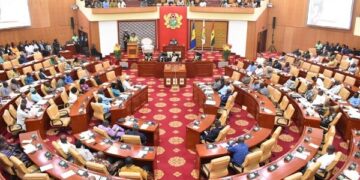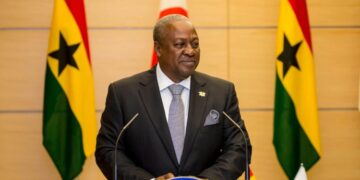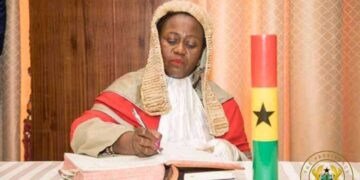Madam Gloria Emeka, Vice Secretary of Amnesty International, has charged Journalists to engage and educate marginalised communities, especially women and children, about human rights to empower them.
She made the call during a three-day training for journalists and Civil Society Organizations (CSOs) designed to improve their capacity to educate and protect specific groups in Ghana regarding human rights.
The training was jointly organised by the Centre for Journalism Innovation and Development (CJID), a non-governmental organisation, and the Institute of War and Peace Reporting (IWPR).
Madam Emeka noted that human rights issues primarily impact marginalised communities, women, children, and the youth, underscoring the importance of raising awareness among those groups.
She said that every individual was entitled to the rights outlined in the constitution, and it was the responsibility of the media, as the fourth estate, to educate those in minority groups who are often overlooked.
Madam Emeka stressed the importance of understanding civil, political, and social rights to prevent violations.
“People, by virtue of being humans, are entitled to live lives of dignity, respect, equal rights irrespective of their class and gender and should be given fair trial,” she said.
Madam Emeka encouraged journalists and activists to be knowledgeable about human rights articles to advocate effectively.
She urged them to rely on the Universal Declaration of Human Rights, also known as the “International Bill of Human Rights,” to protect and empower human rights while also protecting themselves.
The training covered topics such as investigative reporting on human rights, Ghanaian laws and human rights, journalism ethics, and the importance of human rights reporting to enhance and inspire journalists and CSOs to protect and empower victims of human rights abuses.
Mr. Mutakari Mensah Tanko, a legal practitioner, urged journalists to recognise the Judiciary’s role in safeguarding human rights.
He emphasised that by following up on stories, journalists could help seek justice for victims of human rights abuses, and foster change in Ghana.
Nana Kwesi Gyan-Appenteng, Board Chair of the Ghana News Agency, reminded journalists to uphold truth, integrity, and a commitment to justice to protect citizens’ rights.
Madam Mina Mensah, Head of the Africa Office at the Commonwealth Human Rights Initiative (CHRI), said that journalists had a responsibility to amplify the voices of minorities and marginalized groups.
She stressed the importance of holding institutions and governments accountable, promoting justice, and safeguarding the identities of survivors of human rights abuses.
Participants in the training were selected through a competitive process.
GNA




















































































